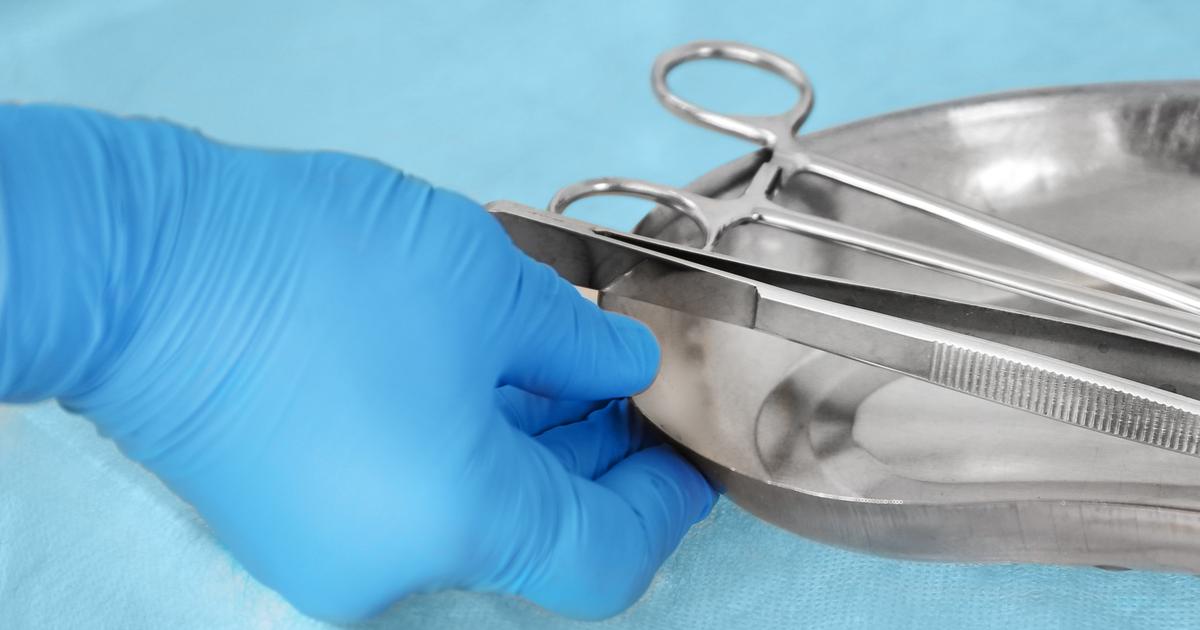Spicy Secrets: Navigating the Yellow Brick Road of Turmeric's Side Effects & Precautions
9. May Prevent Iron Absorption

High doses of turmeric may prevent iron absorption, and turmeric should be used with caution in patients who have an iron deficiency. Studies conducted in the laboratory and on animals suggest turmeric binds to iron, decreasing the body's ability to absorb iron from food. In theory, this could result in anemia in patients who are already mildly deficient in iron. While some human studies have concluded iron absorption was not affected by turmeric supplementation, most doctors advise patients to be careful about consuming large doses of turmeric if they have or are at risk for an iron deficiency. In fact, a case study from January 2019 reported that a sixty-six-year-old male developed an iron deficiency after consuming six turmeric extract capsules per day. Patients should ask their healthcare provider about a safe turmeric dose for their health needs, and they may also want to have their iron levels checked regularly. When consuming any amount of turmeric, patients may want to increase the amount of iron in their meals. Iron-rich foods such as lentils, chickpeas, peas, and soybeans may be beneficial, and some patients might need to take an over-the-counter iron supplement as well. Patients should check with their doctor before taking any type of supplement.
10. Can Interfere With Surgery

Since turmeric reduces the blood's ability to clot, it can interfere with surgery. Patients who need to have dental surgery, a medical procedure, or any type of operation that involves cutting the skin should check with their doctor about when they need to stop taking turmeric supplements. Generally, most healthcare organizations recommend patients scheduled for surgery to discontinue turmeric supplementation at least two weeks before the operation. Patients should let their dentists, doctors, and other healthcare professionals know they are taking turmeric. If turmeric is not stopped before surgery, increased bleeding could occur during the operation, which might result in complications. Surgeons may need to take additional steps during the operation to control bleeding, and extra medication could be necessary. Patients who continue to use turmeric in the two weeks before their surgery could also experience more bleeding than normal after surgery, and this could result in a longer hospital stay and recovery time. After having an operation, the patient should ask their surgeon about when it is safe to start taking turmeric again. The doctor will monitor the patient's wound healing and bloodwork to make sure turmeric supplements will not be harmful to the patient's overall health.
